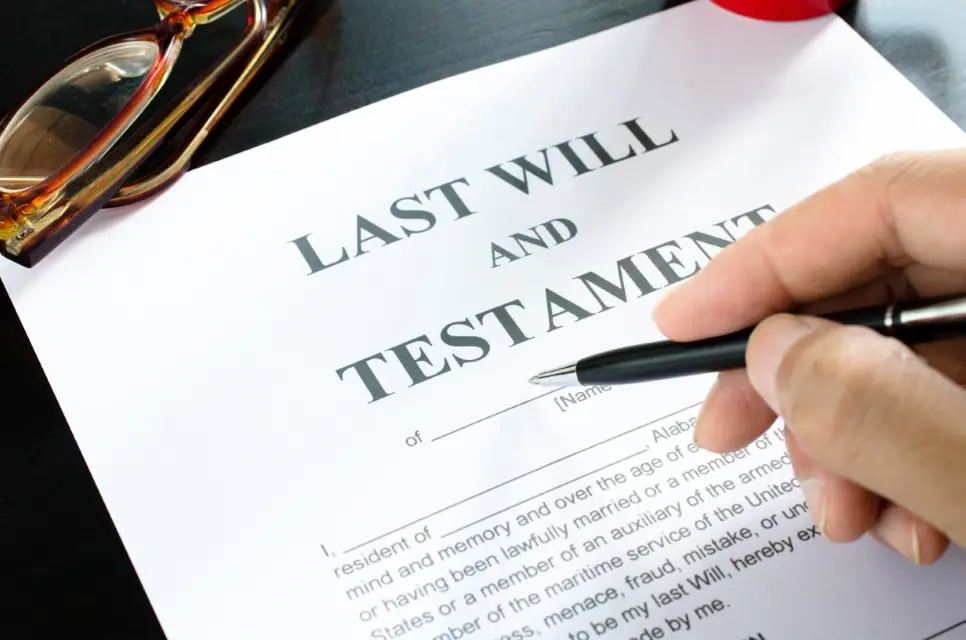When a person passes away, their estate must go through a legal process known as probate. This involves identifying assets, paying debts and taxes, and distributing property to heirs. A probate attorney plays a crucial role in guiding estates through this complex process.
The most important duty of a probate lawyer is to represent the personal representative, also known as the executor or administrator, appointed to administer the estate. The personal representative handles tasks like locating the will, gathering assets, paying bills and taxes, and distributing property. A probate attorney provides legal advice and ensures the personal representative follows proper procedures.
The probate lawyer files paperwork to open probate and obtain court approval of the executor. They help locate and value assets, including real estate, bank accounts, vehicles, personal belongings, retirement accounts and life insurance policies. The attorney also identifies any credit card debt, loans or unpaid taxes and files final tax returns on behalf of the deceased.
A key role is providing guidance on which assets pass through probate and which do not. For example, property owned jointly with right of survivorship automatically passes to the surviving owner. Assets like retirement accounts and life insurance with designated beneficiaries also avoid probate. The probate attorney helps collect information and documentation to transfer these assets.
The attorney advises the executor on their fiduciary duties, such as acting in good faith and with reasonable care. They assist in creating a schedule of disbursements and obtaining court approval to pay creditors. If any claims are disputed, the lawyer handles negotiations and legal filings.
When it comes time to distribute assets to heirs, the probate lawyer provides guidance on following the decedent’s will or state intestacy laws. They help ensure statutory heirs receive proper notice and opportunity to contest the will, if desired. The attorney helps resolve any disputes that arise over the distribution.
Finally, the lawyer assists with the preparation of final accounts for court approval. This accounting provides details on estate administration activities, income, expenses, asset disbursements and proposed distributions. Once accounts are approved, the probate attorney helps wrap up the estate by distributing assets and closing the estate.
In summary, probate attorneys handle all legal aspects of shepherding an estate through the probate process. Their main role is providing guidance to executors while protecting the interests of beneficiaries. By ensuring proper procedures are followed, they help facilitate an orderly transfer of assets to loved ones. With the help of a knowledgeable probate lawyer, personal representatives can settle estates efficiently and effectively.







